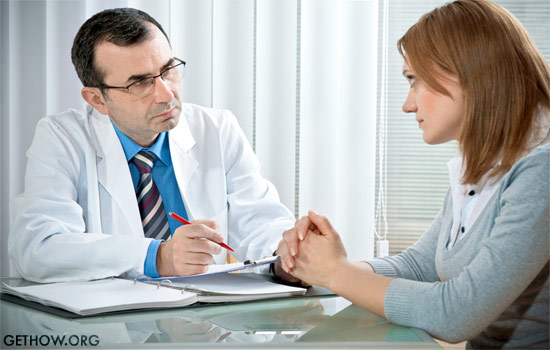Some say that one way or another we all will be affected by depression in life, be it in ourselves or with close ones. The World Health Organization estimates that about 121 million people worldwide have some form of depression, although less than 25 percent have access to effective treatment. What concerns with the statistics is not so much the amount of people that struggle with depression these days, but how many have access to appropriate help. The problem of having access to treatment can be enhanced by the lack of information about what is depression and what sort of treatments are out there. So sometimes it’s not so much that help is not available, but that the person struggling with depression has difficulty being pointed in the right direction to the sort of treatment that could be effective.
There are many types of interventions out there that can help those battling depression, such as use of medicine, talking therapies, alternative therapies, and these vary in terms of intensity, duration and effectiveness. However, no matter how much help is available, it all starts with recognizing that there is something wrong and that one can’t carry on alone. This is the first step towards being helped. Many struggle to recognize and overcome the initial shock of realizing there is something fundamentally wrong with how life is going. Closed ones can help point this out, which can be painful in itself. However, the initial realization of depression can be an opportunity for appropriate help to be sought and for circumstances to begin to change.
Depression can be felt as a combination of a sense of loss, hatred of the self, hopelessness, sadness, desperation, anxiety, lack of motivation and enthusiasm amid other overwhelming feelings that are experienced on a regular basis over a period of time. In this sense, depression is not regular sadness. It’s not a simple call for attention. It is a crippling and serious condition that needs to be attended to, as it does bring about risks.
Not all depressive conditions are the same, and this makes it difficult because there is no one-size-fits-all solution. The GP is a good point of start when seeking help for depression. The doctor will be able to assess the intensity of the condition, whilst prescribing the appropriate treatment. This can the use of anti-depressants, and there are different types of those. They are not always effective, but they can be quite helpful and provide an initial uplift that will bring about other types of possibility for treatment. The GP may also point to counseling or psychotherapy, which combined with the use of medicine is one of the best forms of treatment for depression.
If psychotherapy is the treatment of choice and the person struggling with depression is looking for it in the private sector a GP referral is not needed. If looking for a Psychotherapist London, the patient will be invited for an initial consultation which will allow the patient and the therapist to discuss how the difficulties can be helped in psychotherapy. A consultation in psychotherapy will also allow the therapist to have a sense of the intensity of the depressive condition, and think about what it may be related to. Psychotherapy can provide a safe place for the person to express any feelings or thoughts, however intense they may be. The psychotherapist will most certainly help the patient to make sense of these and acquire the necessary tools to change the circumstances from the inside out. Psychotherapy can provide long standing changes to those struggling with depression.
